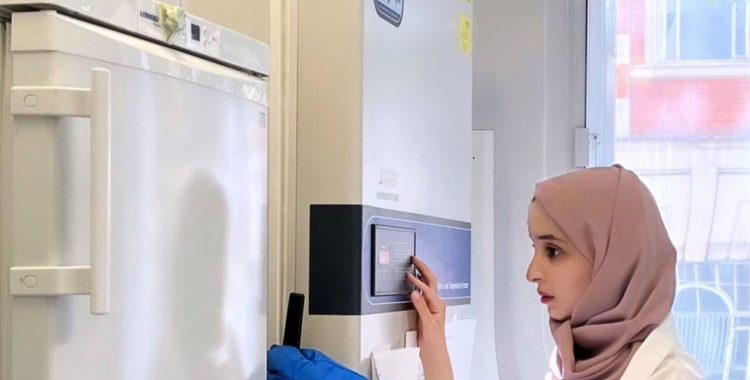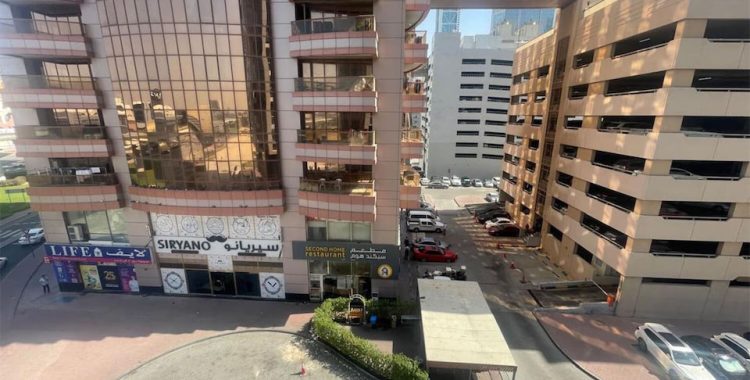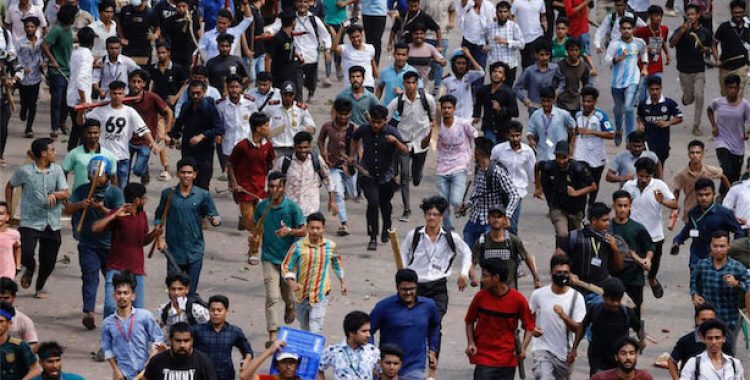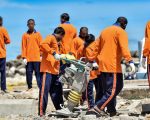Israeli air strikes on residential blocks in south Gaza killed at least 32 Palestinians on Saturday, medics said, after Israel again warned civilians to relocate as it turns to attacking Hamas in the enclave’s south after subduing the north.
Such a move could compel hundreds of thousands of Palestinians who fled south from the Israeli assault on Gaza City to move again, along with residents of Khan Younis, a city of more than 400,000, worsening a dire humanitarian crisis.
“We’re asking people to relocate. I know it’s not easy for many of them, but we don’t want to see civilians caught up in the crossfire,” Mark Regev, an aide to Israeli Prime Minister Benjamin Netanyahu, told MSNBC on Friday.
Overnight on Saturday, 26 Palestinians were killed and 23 injured by an air strike on two apartments in a multi-storey block in a busy residential district of Khan Younis, according to health officials.
Eyad Al Zaeem told Reuters he lost his aunt, her children and her grandchildren in the air strike in Khan Younis, and that all had evacuated from north Gaza on Israeli army orders — only to die where the army told them they could be safe.
“All of them were martyred. They had nothing to do with the (Hamas) resistance,” said Zaeem, standing outside the morgue at Nasser Hospital in Khan Younis where 26 bodies were laid out before they were to be carried by loved ones to burials.

A few kilometres to the north, six Palestinians were killed when a house was bombed from the air in the town of Deir Al Balah, according to health authorities.
An Israeli military statement on Saturday made no mention of air strike locations. It said only that over the past 24 hours its air force hit dozens of Gaza targets including militants, command centres, rocket launch sites and munitions factories.
Israel has said Hamas combatants use residential buildings and districts in densely populated Gaza as cover, something the Islamist movement denies.
Israel had on Thursday dropped leaflets over Khan Younis telling residents to move to shelters, suggesting military operations on the ground there was imminent.
Regev said Israeli troops would have to advance into the city to oust Hamas fighters from underground tunnels and bunkers but that no such “enormous infrastructure” existed in less built-up areas to the west, closer to the Mediterranean coast.
Regev said that since western areas were closer to the Rafah border crossing with Egypt, humanitarian aid could be brought in “as quickly as possible”.
Israel vowed to annihilate the Hamas militant group that controls the Gaza Strip after its October 7 rampage into Israel.
Since then, Israel has bombed much of Gaza City — the enclave’s urban core — to rubble, ordered the depopulation of the northern half of the narrow strip and displaced around two-thirds of Gaza’s 2.3 million Palestinians. Many of those who have fled fear their homelessness could become permanent.
Gaza health authorities raised their death toll on Friday to more than 12,000, —5,000 of them children. The UN deems those figures credible, though they are now updated infrequently due to the difficulty of collecting information.

















